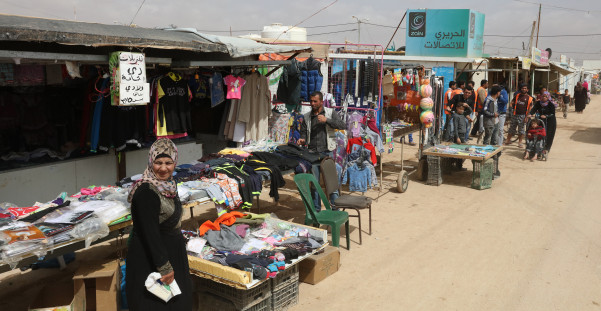Professor Robert Wade adds to the recent article from Rana Foroohar for the Financial Times:
03 October 2018
………………
Rana Foroohar is right to say that president Donald Trump’s trade policy is a response to fundamental flaws in the world trade and investment system (“Time to grapple with global trade”, October 1).
The present rules press all sizable economies to adopt free or almost free trade and free entry and exit of foreign capital. This is a recipe for producing the effects Ms. Foroohar describes: widespread anger at surging income concentration at the top and stagnant income growth below, and little upwards convergence of developing country living conditions to those of developed countries, out-migration to richer countries being one result.
Eastern China is the great exception to the last point. But it has made itself the exception by not integrating its domestic economy into the world economy according to the globalization agenda, while taking advantage of others’ following it.
Trump’s policy team certainly do not intend this, but the effect of its actions may be to embolden other countries – notably Brazil, India and China – to push harder for global trade and investment rules which give more scope for national sovereignty; such as the principle of Special and Differential Treatment for all developing countries in the World Trade Organization. The unlikely combination of Trump plus BICs might move us on from the unviable neoliberal principle of one rule for all in the world economy.
Robert H. Wade
Professor of global political economy
London School of Economics, UK
Robert H. Wade is Professor of Political Economy at the London School of Economics
This article was first published on the Financial Times.
The views expressed in this post are those of the author and in no way reflect those of the International Development LSE blog or the London School of Economics and Political Science.





